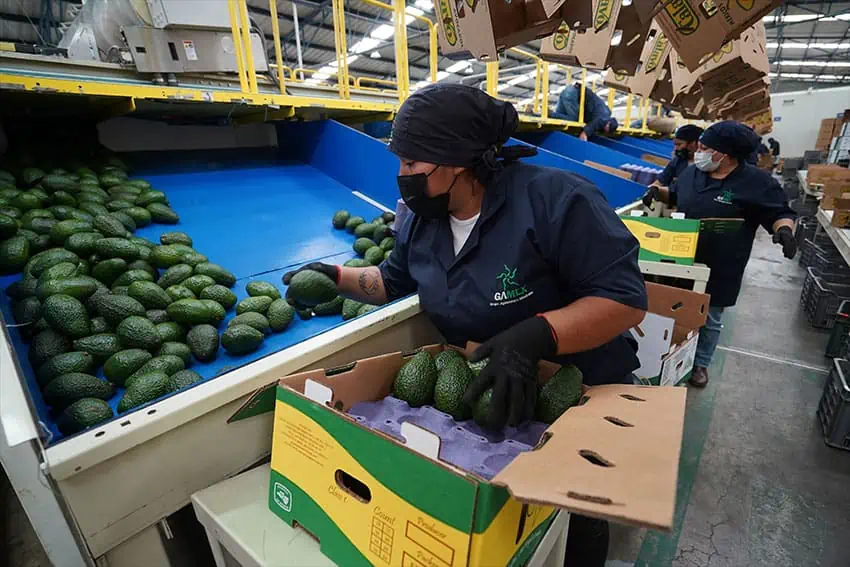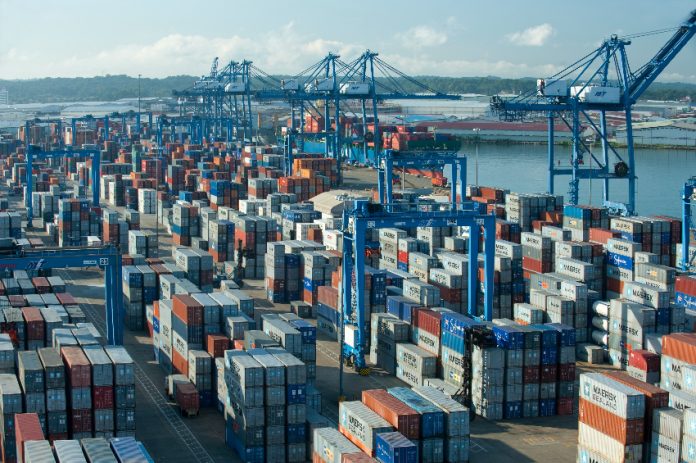The value of Mexico’s exports increased 25.6% in January compared to the same month of 2022, the national statistics agency INEGI reported Monday.
Mexican products worth US $42.59 billion were shipped abroad in the first month of the year. The annual percentage increase in the value of exports was the highest since February 2022.

INEGI said that revenue from non-oil exports was $39.88 billion in January, or 93.6% of the total, while oil exports were worth $2.71 billion.
Within the former category, manufactured goods brought in the lion’s share of the export income. Their value increased 28.3% on an annual basis to $37.32 billion, or over 93% of the non-oil total.
Vehicle exports contributed $13.6 billion to that amount, their value surging 64.9% compared to January 2022, while other manufactured goods brought in $23.7 billion in revenue, a 13.8% increase compared to a year earlier.
Agricultural exports, including alcoholic beverages, increased 9.8% to $1.9 billion while mining exports rose 9.6% to $655 million. Oil exports increased 8.9% to $2.7 billion.
The value of all exports was up just over 6% compared to December.

“The results are very good news in light of the risky environment prevailing at the beginning of 2023,” said Monex analyst Daniel Arias.
The World Bank is forecasting economic growth in 2023 of just 0.9% in Mexico, 0.5% in the United States and 1.7% globally.
Imports to Mexico also increased in January, rising 16.3% to $46.71 billion. Mexico was consequently left with a trade deficit of $4.12 billion in the first month of the year. That figure is 34% lower than the $6.28 billion deficit recorded in January 2022.
Non-oil imports were worth $41.16 billion in January while oil imports (refined fuel) totaled $5.55 billion, INEGI said. The former increased 15.7% compared to January 2022 while the latter rose 20.6%.
President López Obrador is determined to end Mexico’s reliance on fuel imports and set a 2023 target date for self-sufficiency. The new Olmeca Refinery on the Tabasco coast is expected to be operating at full capacity by the middle of the year, but it remains to be seen whether Mexico will be able to wean itself off fuel imports by the end of 2023.
With reports from El Financiero
